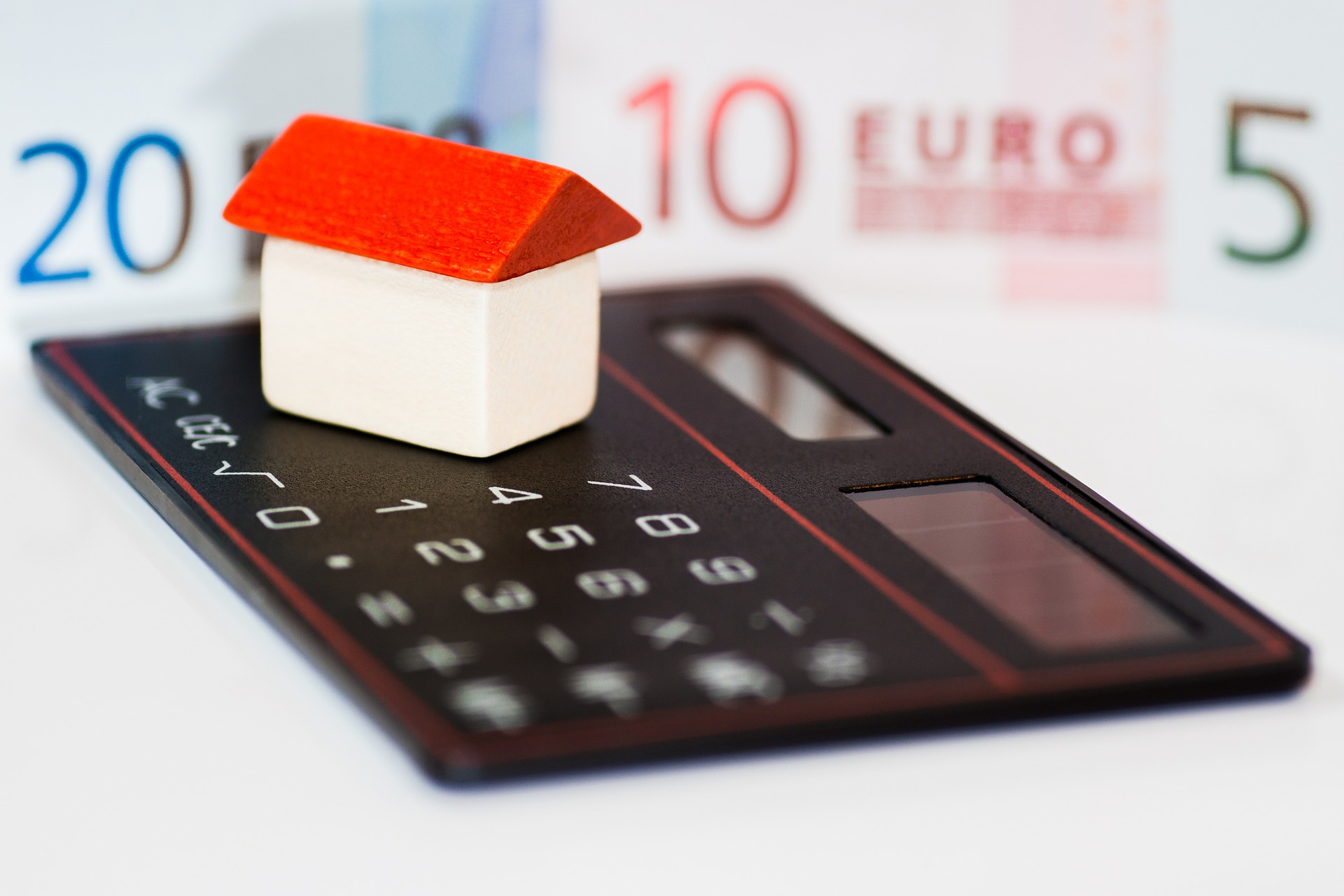“No internationals”: How the Dutch housing crisis arose

It has not been as difficult as it is today to find a place to live in the Netherlands since World War II. The prices of houses for sale have been skyrocketing over the past two years and to rent you must either wait up to ten years for a social rental property or be willing to pay through the nose for a (often much too small) room or apartment. It is even harder for international students as besides the financial means, they have to get through the ‘no international’ room offers to find a place to stay. Amidst this crisis, one would almost forget that adequate housing is a fundamental human right. So how did the Netherlands get into this situation?
There are roughly put three main aspects that explain the housing crisis. Firstly, starting with the economic crisis of 2008, there simply were not enough houses built over the past years. Many people lost their jobs and exports were disrupted, bringing the housing market to a screeching halt. Mortgage debts increased and the government further strengthened credit conditions; hardly any houses were sold, and the housing prices continued to plummet. This difficult market caused construction workers (40%!) and companies to quit their jobs. As a result, remaining construction projects took much longer and became more costly. Another reason for the lack of houses built is the introduction of a landlord charge. In 2013, cabinet Rutte II introduced a tax for housing corporations, who are responsible for building affordable social rental properties. From then onwards, they had to pay approximately 1,7 billion euros to the state. Since housing corporations could not afford this themselves, it had to be added to the rent of their properties, translating to an addition of three months’ worth of rent per year per tenant. Moreover, housing corporations had to start paying corporate income tax, even though private landlords did not have to. Rutte and his cabinet introduced these measures to cover the budget deficit that arose during the crisis, but as a result, housing corporations built half as many social housing units. Furthermore, there are much stricter building regulations, such as noise pollution and sustainability. There were plans to build around 150.000 new houses around Schiphol Airport, but these were cancelled due to noise pollution. In addition, newly built houses have to be increasingly sustainable and therefore more expensive. Lastly, population forecasts and projections are often incorrect; we are with way more people than we initially thought.
The second aspect to the housing crisis is the change in living conditions and wishes that occurred over the past years. 1 in 5 people currently live alone, in comparison to 1 in 10 fifty years ago. People get married later and divorce has become more and more standard practice. Moreover, elderly continue living at home until a higher age than they used to, which is encouraged by the government. Lastly, we now think we need a lot more space than our ancestors: we currently live on 65m2 per person, compared to 10m2 per person in 1900.
The third major aspect is one that we are all familiar with: private real estate investors that buy cheap houses, renovate, and rent them out for far too much money. Even people that do not have any experience in real estate start doing this now, because it is such a lucrative market. This is being reinforced by the historically low mortgage prices. Real estate investors can afford more, which makes buying even easier. The government does undertake (minor) actions to improve the circumstances. On the first of January 2020, they increased the real estate transfer tax from 2% to 8% for private investors. Although it was a good effort, it only led to investors simply factoring these extra costs into the rents they charge for their properties.
All in all, housing has been a problem since the destruction of entire cities in the second world war that only deteriorated over the past years, and the Covid-19 pandemic had another detrimental effect. Experts predicted the demand for houses to diminish and the housing market to cool down, but the opposite occurred. The pandemic caused factories to shut down and construction equipment- and transportation prices to increase. The ball is now in the court of politicians; it is their job to safeguard human rights for their residents, which they are currently unable to do. Step one could be to recreate a ministry of Housing and Spatial Planning, and to reappoint a minister of Housing, which they disbanded in 2017 because the housing crisis was ‘fixed’. But it is far from fixed and needs urgent action. A house is not a privilege, it is a human right.



